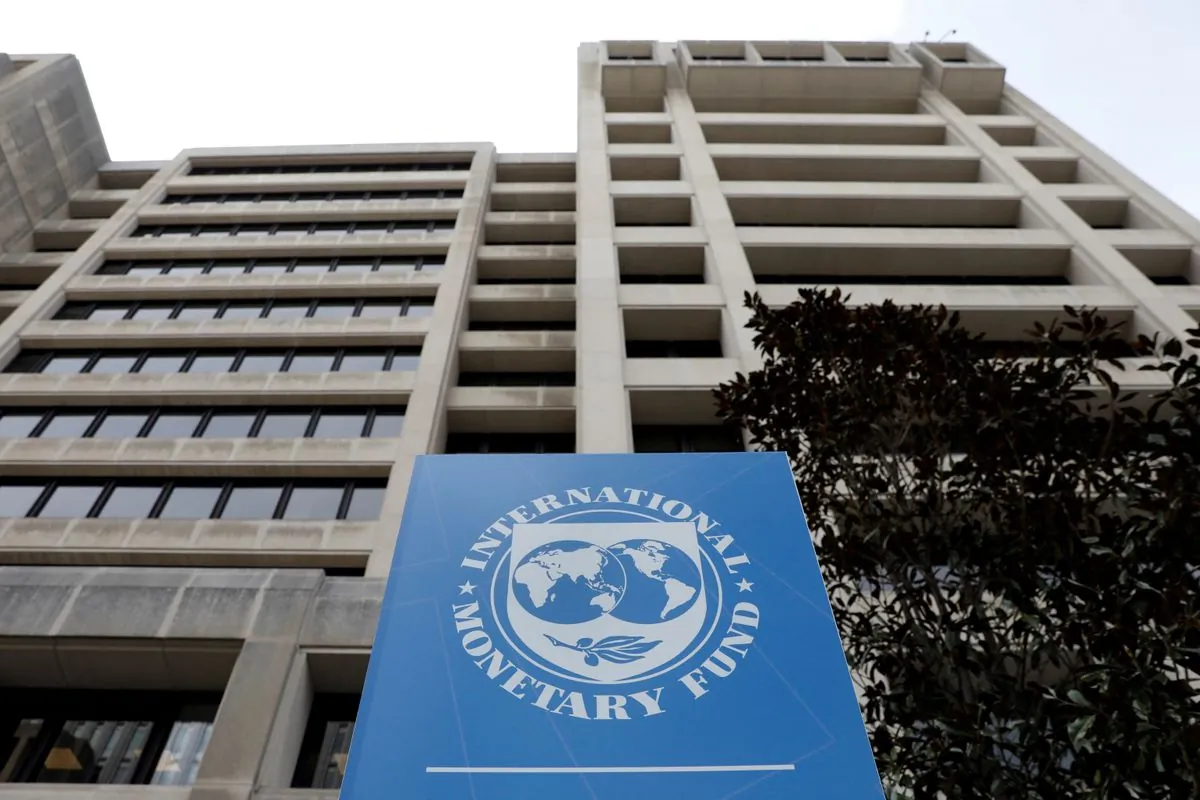On September 20, 2024, the International Monetary Fund (IMF) announced that Sierra Leone had requested a new Extended Credit Facility (ECF) arrangement. This financial support package, valued at approximately $253 million, is designed to span 38 months and aims to address the country's economic challenges.
Sierra Leone, a West African nation with a population of about 8 million, has faced numerous economic hurdles since gaining independence from the United Kingdom in 1961. The country's economy, heavily reliant on agriculture and mining, has struggled with instability and the aftermath of a devastating civil war that lasted from 1991 to 2002.
The IMF reported that its staff and Sierra Leonean authorities have reached a staff-level agreement on economic policies and reforms. This agreement, however, remains subject to approval by the IMF's Executive Board.
The proposed ECF arrangement has several key objectives:
- Bolstering debt sustainability
- Addressing fiscal dominance
- Reducing inflation
- Rebuilding reserves
These goals are crucial for Sierra Leone, which has been working on economic reforms since the end of its civil war. The country's currency, the Sierra Leonean Leone, has faced challenges, and the nation has struggled with one of the world's lowest life expectancy rates.
In addition to economic stabilization, the ECF aims to support inclusive growth through various reforms. This is particularly important for Sierra Leone, which has been striving to improve its healthcare and education systems in recent years.
The IMF also emphasized that the arrangement would help combat corruption, a persistent issue that has hindered Sierra Leone's economic progress. As a member of the Economic Community of West African States (ECOWAS), the country has been working to align its economic policies with regional standards.
"The new ECF arrangement would aim to restore stability by bolstering debt sustainability, addressing fiscal dominance, bringing down inflation and rebuilding reserves."
This IMF support comes at a critical time for Sierra Leone, which has faced numerous challenges in recent years, including the impact of the 2014-2016 Ebola outbreak. The country's rich natural resources, including diamonds and diverse wildlife, present opportunities for economic growth if managed effectively.
As Sierra Leone awaits the IMF Executive Board's decision, the country continues its efforts to overcome economic hurdles and build a more stable and prosperous future for its citizens.
